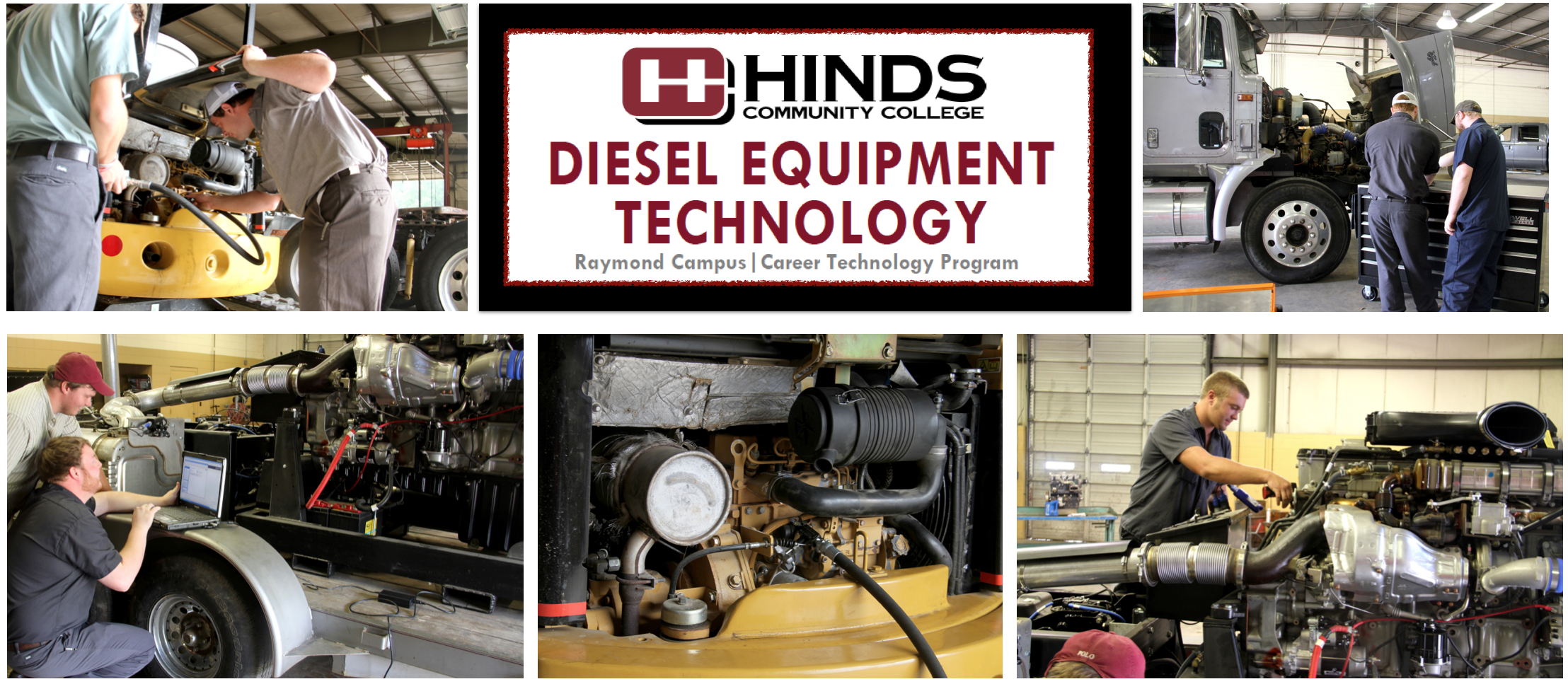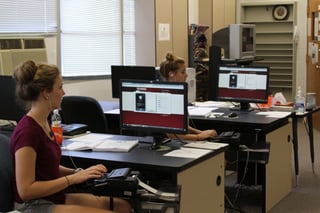
Engineering Drafting and Design Technology
Choosing a career is stressful! What if you make a mistake? Don’t worry; pick a path that feels right for you now and know that most people don’t stick with the same line of work for their entire life. Make the smartest decision you can today and make plans to re-evaluate down the road as your goals and objectives change. With that being said, let’s explore some possibilities!
Are you detail oriented and pay close attention to accuracy? Do you like to identify and solve problems? Do you have excellent interpersonal skills and enjoy working independently as well as with a team? Are you able to work efficiently under strict deadlines? If these qualities describe you, then a career in engineering drafting might be a great choice for you!
The Engineering Drafting and Design Technology program at Hinds Community College is an instructional program designed to educate students in the design of projects in the field of technical graphic representation. Engineering drafters have strong interests in creating drawings for a variety of mechanical and civil projects. They must also possess excellent mechanical skills, mathematical skills, knowledge of design materials, and fluency in computer-aided design software and have visual aptitude in addition to having a solid knowledge of construction procedures.

What Do Engineering CAD Technicians Do?
-
Design plans using computer aided design software
-
Work from rough drafts created by engineers to produce detailed drawings
-
Use their knowledge to add details to plans
-
Pay attention to scale
-
Proof drawings
-
Prepare multiple versions of design plans for review
-
Work under the supervision of engineers
What Are My Career Path Options In This Field?
There are multiple specialties within the engineering drafting and design occupation. Aeronautical drafters prepare drawings and plans for aeronautic devices such as aircraft and missiles. Civil drafters prepare drawings and maps used in civil engineering and infrastructure design. Electrical drafters design plans and drawings detailing the layout and wiring diagrams used to repair and install electric equipment. Electronics drafters draw wiring diagrams, circuit board assembly diagrams, schematics, and layout drawings used in the manufacture, installation, and repair of electronic devices and components. Mechanical drafters prepare drawings showing the detail and method of assembly of a wide variety of machinery and mechanical devices, indicating dimensions, fastening methods, and other requirements. Process piping or pipeline drafters prepare drawings used in the layout, construction, and operation of oil and gas fields, refineries, chemical plants, and process piping systems.
According to the Bureau of Labor Statistics, the mean annual salary wages for detailed drafting occupations in May 2012 were as follows:
- $55,700 for electrical and electronics drafters
- $50,360 for mechanical drafters
- $47,870 for civil drafters
- $46,110 for drafters, all other
Need More Information?
This program is located on the Raymond and Jackson ATC campuses of Hinds Community College. For more information on Engineering Drafting and Design Technology program, contact Phil Cockrell (Raymond Campus) at pcockrell@hindscc.edu or 601.857.3422 and/or Shawn Stiff (Jackson-ATC Campus) at Shawn.Stiff@hindscc.edu) or 601.987.8146.




 Septmeber is National Campus Fire Safety Month and here at Hinds CC we have a lot of things going on in support of it.
Septmeber is National Campus Fire Safety Month and here at Hinds CC we have a lot of things going on in support of it.







